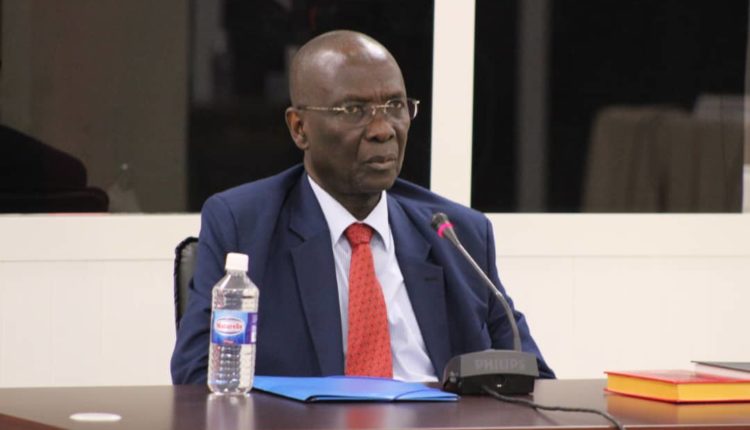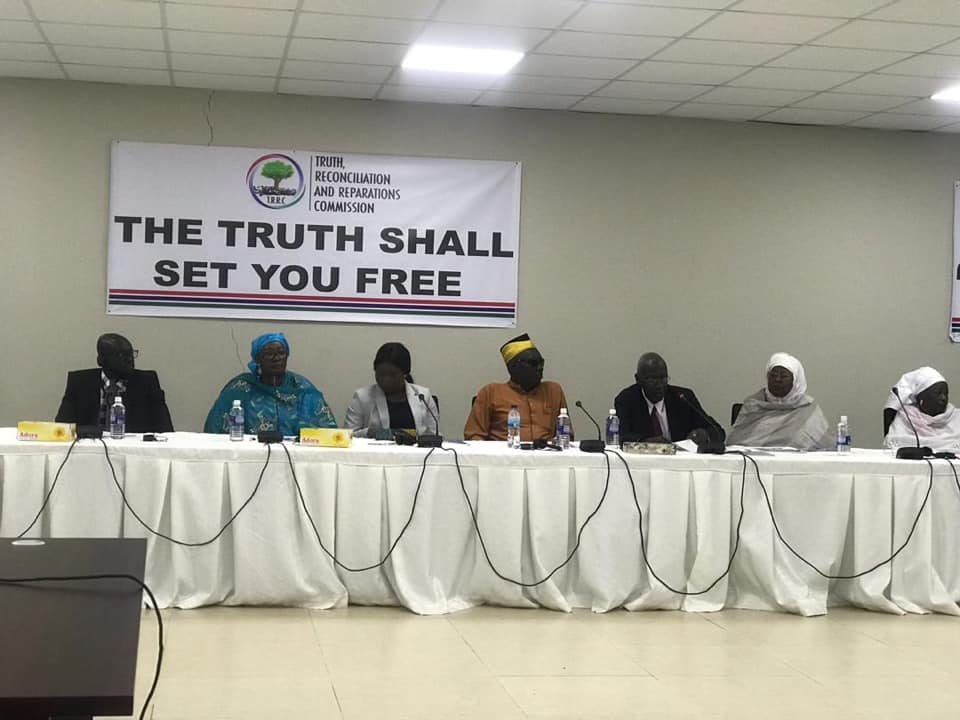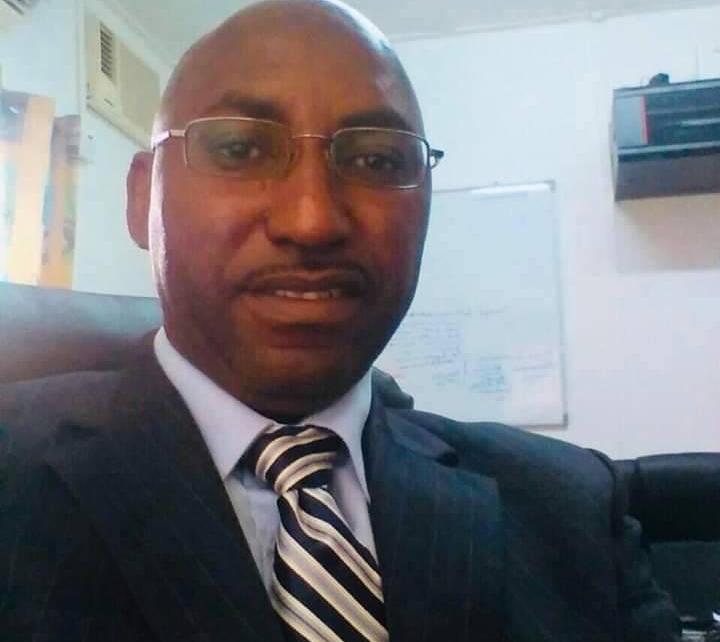By: Adama Makasuba
Sulayman Alieu Jack, the Gambian Ambassador to African Union has said that there was lots of dissatisfaction in the Gambia National Army prior to the 1994 coup.
Mr. Jack at 71, former secretary general and head of civil service who flew from Ethiopia days back made the remark while testifying before the Truth Commission.
“There was lots of dissatisfaction within the army in term of facilities-like accommodation, transportation and regimentation.” He then added that most soldiers lived outside the Barracks and could be seen begging for transportation to go to work and home.
Meanwhile, he said Nigerian Army Training Team in the Gambia at the time was living a flashy life leaving the Gambian Army with no opportunities to assume command of units.
As he recalled memories, he said that the Nigerian Army Commander General Dada gave a recommendation for Major Maba Jobe to be sacked which he said didn’t go well with the Gambian Army. He also added that Maba was seen as a threat to the Nigerian Army Commander.
However, he noted that he didn’t feel that Gambian Army was neglected at the time, adding that there were no resources at that time.
Mr. Jack said: “The political situation was fluid after the 1990 PPP congress when the former president announced that he was going to step down. Within the party, some members welcomed it but others did not. Nevertheless, he eventually stood for the 1992 election.”
He continued to say that there was a lot of uncertainty as to who would succeed former president Jawara if he leaves power. He further added that this led to the division of the PPP into various fractions.
He then stated that President Jawara nominated Saikou Sabally as Vice president and surrendered all his responsibilities to him, adding that there was a lack of coherence in the staff and lack of energy as to how the Vice president was assigned.
“Sabally was then the Vice president, Minister of Defense, Minister of Women Affairs, and the Leader of government Businesses in the parliament,” he said.
In addition to that, he said this did not go well with many people which he said was surrounded with lots of rumors of allegation of corrupt practices.
He then added that civilian’s oversight was minimal, saying that there was no parliamentary committee for civilians at the National Assembly at the time.
He also said that it was a big mistake in joining the Gendarme and Police together, adding that the Gendarme could have made it difficult for the coup to succeed.
Giving his recommendations, Mr. Jack said having foreign troops in the country is usual but said that the unusual issue is foreigners having the command and control of the Gambian Army.





